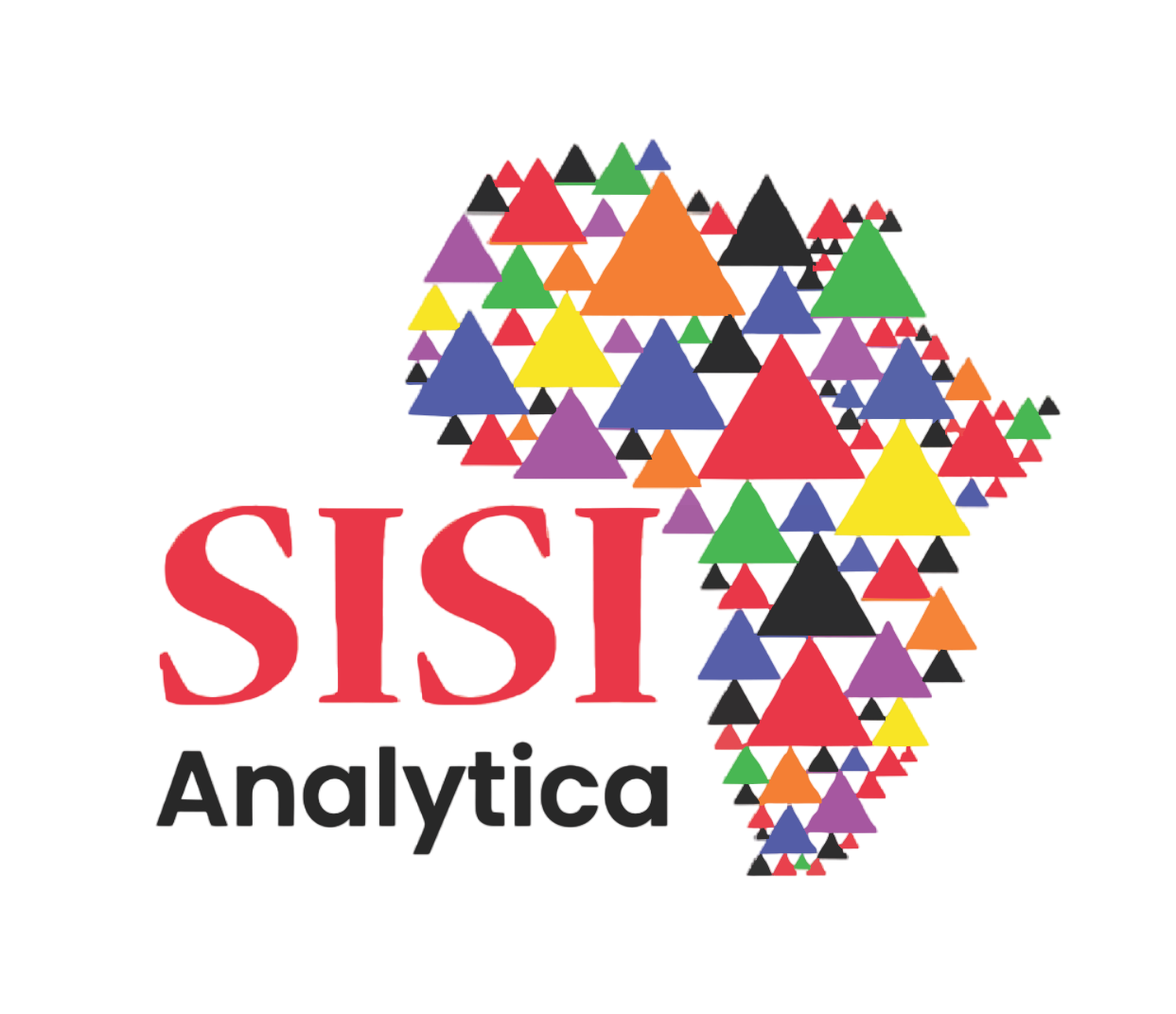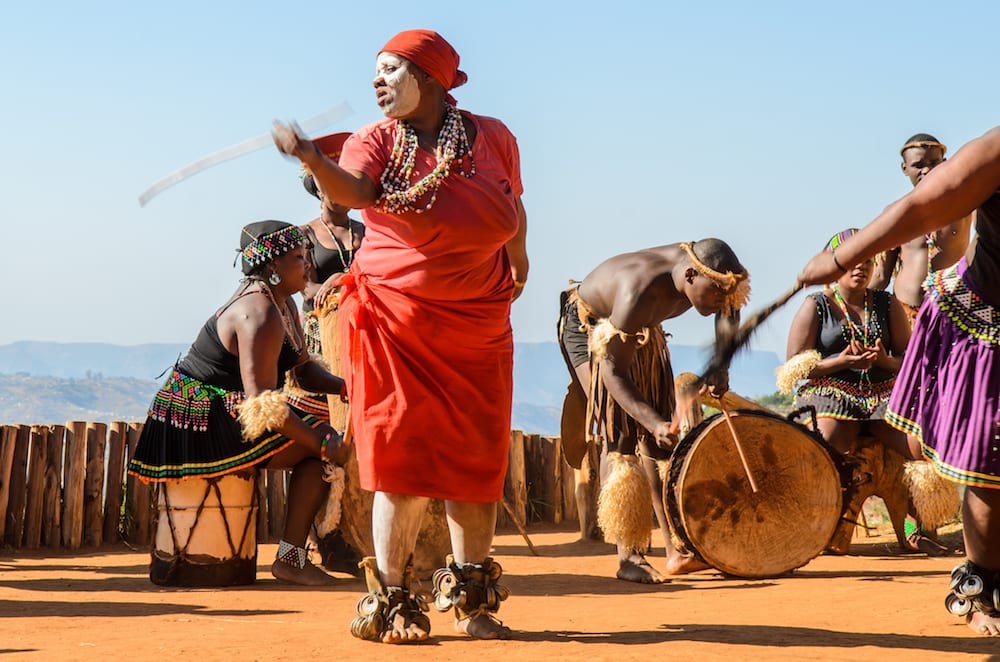By Nathan Kiwere
For centuries, African societies have relied heavily on oral tradition to preserve and transmit knowledge, culture, and history. While this tradition has played a pivotal role in safeguarding the rich and diverse heritage of the continent, it is increasingly clear that oral methods alone are insufficient in the modern age. Documentation—whether in the form of writing, digital records, or visual media—is crucial to ensuring the longevity, accuracy, and accessibility of Africa’s heritage. Embracing this culture of documentation is not just a matter of convenience; it is an imperative for safeguarding identity, learning from the past, and empowering future generations.
The Limitations of Oral Tradition
Oral tradition relies on the memory and storytelling abilities of individuals to pass down information. While this approach has fostered a sense of community and continuity, it is vulnerable to several limitations. Key information can be lost, distorted, or forgotten over time, especially in the absence of a structured system for transmission. For example, the loss of indigenous languages—many of which carry rich cultural histories—poses a significant threat to oral traditions. According to UNESCO, one language dies every two weeks, with many of these languages being African.
The destruction of oral knowledge is exacerbated by events such as displacement, war, and disease. For instance, the Atlantic slave trade not only tore people from their homelands but also severed their connection to the oral histories that tied them to their cultures. Without documentation, much of this heritage has been permanently lost.
The Role of Documentation in Preserving Heritage
Documenting history and culture provides a reliable and durable means of preserving knowledge. Written records, photographs, films, and digital archives are less susceptible to distortion or erasure. For example, the meticulous documentation of Egypt’s ancient history through hieroglyphics and architectural inscriptions has allowed modern scholars to reconstruct and understand one of the world’s earliest civilizations. Without these records, much of what we know about the pyramids, pharaohs, and ancient Egyptian society would have been lost.
Similarly, Nelson Mandela’s autobiography, Long Walk to Freedom, serves as an invaluable record of South Africa’s struggle against apartheid. Mandela’s firsthand account preserves the nuances of his experiences, providing an enduring resource for scholars, activists, and future generations.
In contrast, the lack of documentation has left Africa vulnerable to cultural appropriation and misrepresentation. Western museums house thousands of African artifacts, many of which were looted during the colonial era. The absence of detailed documentation from the African side has made it challenging to prove rightful ownership or to provide the contextual information necessary for proper appreciation of these artifacts.
Learning from Other Regions
Other regions of the world provide compelling examples of the benefits of documentation. In Japan, for instance, cultural heritage is meticulously preserved through both oral and written traditions, ensuring that practices such as tea ceremonies and Noh theater remain vibrant and accessible. Similarly, Europe’s Renaissance art and scientific achievements have been immortalized through exhaustive documentation, enabling continuous study and inspiration.
In contrast, Africa’s limited documentation has allowed many of its contributions to global knowledge to be downplayed or overlooked. The ancient universities of Timbuktu, which housed tens of thousands of manuscripts on subjects ranging from astronomy to medicine, are a testament to Africa’s intellectual legacy. Efforts are now underway to digitize and preserve these manuscripts, highlighting the importance of safeguarding such treasures against further loss.
The Way Forward: Building a Culture of Documentation
To secure its heritage, Africa must prioritize the establishment of a robust culture of documentation. This involves:
- Encouraging Written Narratives: Governments, schools, and communities should promote writing competitions, book publishing, and the translation of oral histories into written form.
- Embracing Technology: Digital platforms can provide affordable and accessible ways to document and share stories, traditions, and innovations. Projects like Google’s African cultural heritage initiatives are examples of how technology can preserve and showcase Africa’s rich history.
- Archiving and Cataloging: National archives, libraries, and museums must be adequately funded and equipped to document, preserve, and display cultural artifacts and records.
- Educating the Youth: The next generation must be taught the value of documentation as a tool for empowerment, identity, and development.
Conclusion
While oral tradition has been a cornerstone of African heritage, it must now be complemented by a culture of documentation to ensure that the continent’s history, culture, and innovations are not only preserved but also celebrated globally. The ability to document allows Africans to reclaim their narratives, safeguard their intellectual property, and contribute meaningfully to global knowledge. As the adage goes, “If you don’t write your story, someone else will write it for you.” By embracing documentation, Africa can secure its legacy for generations to come.


Leave a Reply